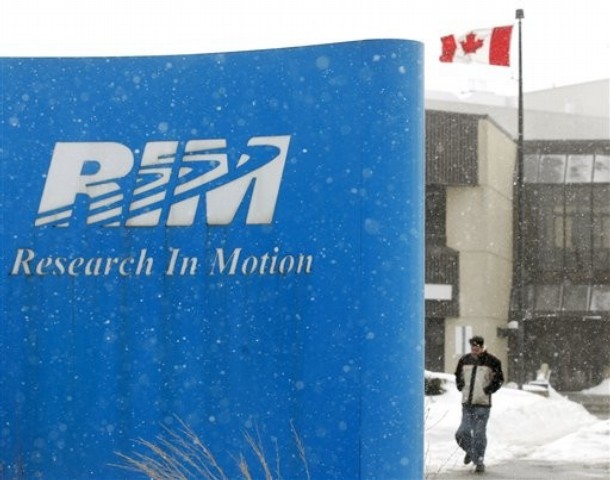WOW!
The Occupy Movement, commonly known as OWS, has gotten so popular that they now have:
1. A rap video
2. An official opposition movement
3. Academic commentators
4. Celebrity attention
1.
The rap video:
2.
The 53% movement. Based on some statistic that 47% of Americans don’t pay federal income tax. An article from CNN.
3.
Where it gets interesting is the academic commentating. For those in Chapple’s Econ 101 class – the name Mankiw may be familiar. Well he’s the guy who wrote our Econ 101 textbook. This Harvard professor/textbook writer may or may not be planning his own counter OWS movement. But his blogpost is sure a start.
4.
Conan sends his reporters
I appears that OWS has reached some sort of critical mass and is now taken somewhat seriously. But the question is, will they reach a point that the US government will bend to this movement in the coming months leading up to the 2012 elections?


